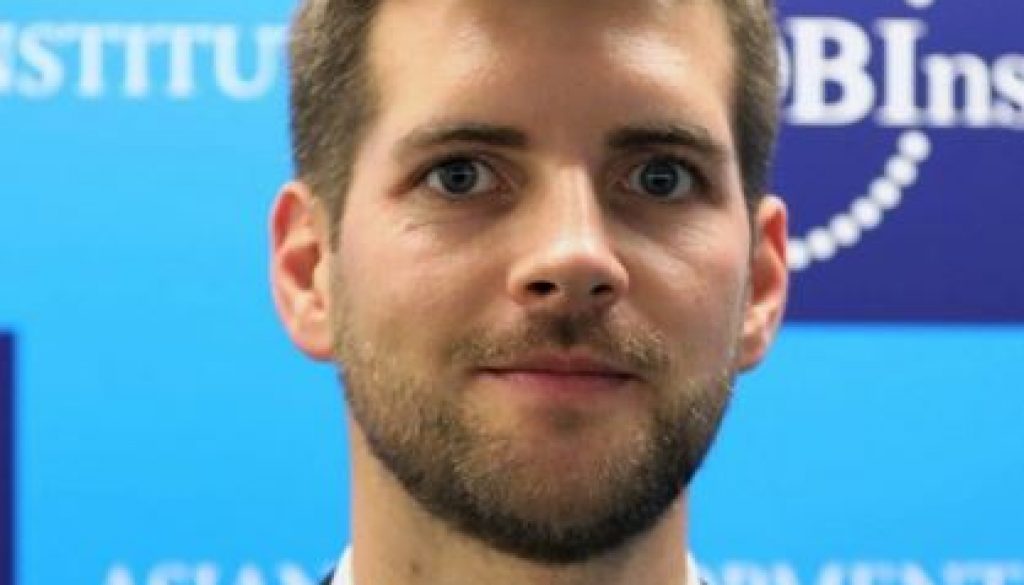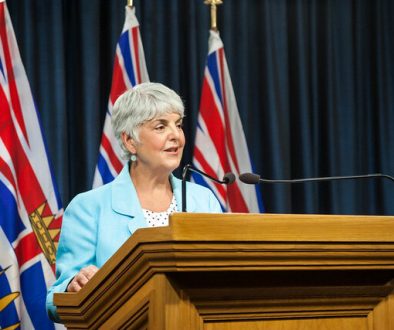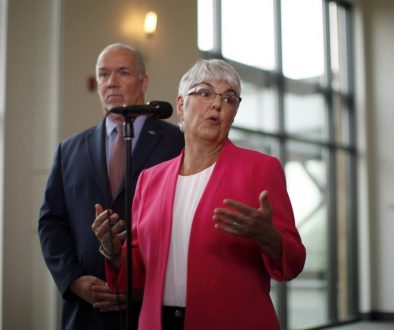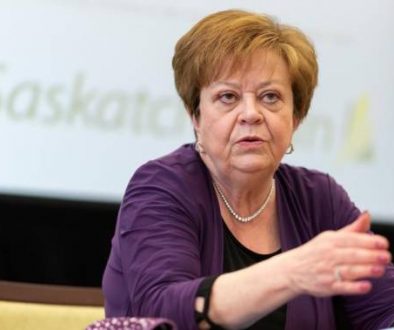Podcast: How blockchain could revolutionize green finance in Asia | National Crowdfunding & Fintech Association of Canada
Podcast: How blockchain could revolutionize green finance in Asia
ADB Institute | March 25, 2020
 Policy makers and researchers recently met at ADBI for a workshop examining green infrastructure investment, policy challenges, and economic implications in Asia. Marco Schletz from the United Nations Environment Program Technical University of Denmark Partnership was among the experts featured at the event. Afterwards, Schletz sat down with Asia’s Developing Future to discuss how blockchain and tokenized securities could revolutionize green finance and inclusive development in the region.
Policy makers and researchers recently met at ADBI for a workshop examining green infrastructure investment, policy challenges, and economic implications in Asia. Marco Schletz from the United Nations Environment Program Technical University of Denmark Partnership was among the experts featured at the event. Afterwards, Schletz sat down with Asia’s Developing Future to discuss how blockchain and tokenized securities could revolutionize green finance and inclusive development in the region.
The views in this podcast do not necessarily reflect the views and policies of the Asian Development Bank Institute (ADBI).
Read the transcript
bit.ly/2QIe9TH
Policy makers and researchers recently met at ADBI for a workshop examining green infrastructure investment, policy challenges, and economic implications in Asia. Marco Schletz from the United Nations Environment Program Technical University of Denmark Partnership was among the experts featured at the event. Afterwards, Schletz sat down with Asia’s Developing Future to discuss how blockchain and tokenized securities could revolutionize green finance and inclusive development in the region.
Marco Schletz from the United Nations Environment Program Technical University of Denmark Partnership
Blockchain is an innovative data structure that is used to verify and store data across a distributed network of actors. All transactions are collected in so-called blocks. Tokenized securities is an innovative financing mechanism that is based on blockchain technology. Because all transactions are traced on the blockchain and documented, it offers transparency for the entire ecosystem of investors that are part of the investment process. And that makes it possible for everyone to verify that all the transactions are happening, and that the data is true.
It also enables you to disintermediate from commercial banks because you can offer your project on a global base and everyone can participate in it. Whereas in current settings, you’re often depending on your commercial bank as the sole funding opportunity. This also increases liquidity because it is a global investor base, you can basically approach with your project. Tokenized securities are particularly relevant for green assets. If you compare, for example, a green bond with a normal bond, green bonds pay a premium for certification costs and these costs can pose a financial barrier to project development if you look at small and medium-sized projects. So there blockchain technology is very applicable.
This content was originally published here.




